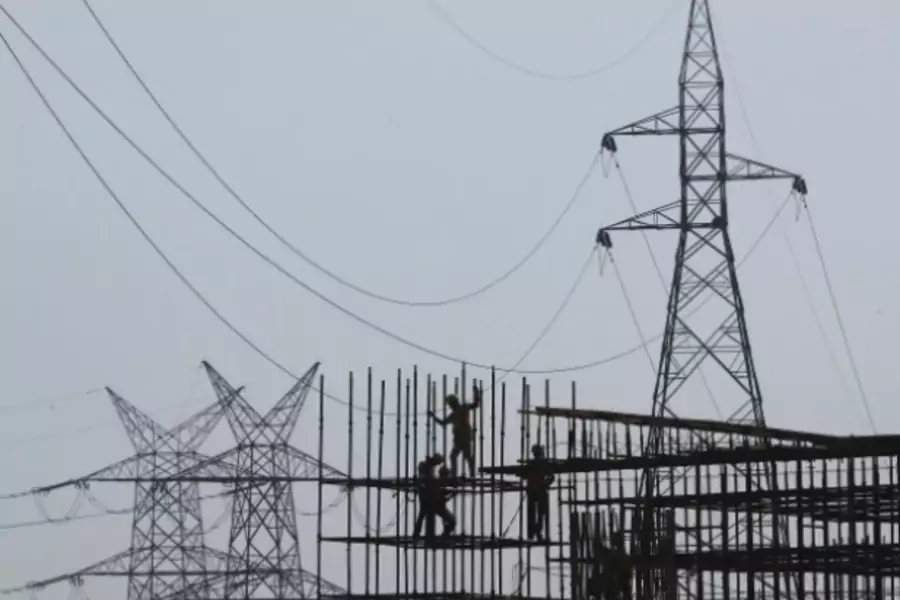This Week in Markets and Democracy: India’s Growth, U.S. Development Seeks Private Investment, and Ugandan Elections

More on:
Can India Avoid Emerging Market Slump?
India outpaced China as the world’s fastest growing economy in 2015, with gross domestic product (GDP) rising 7.5 percent. Consumption by the nation’s 1.3 billion citizens drove the gains, along with public infrastructure spending to upgrade the nation’s roads, railways, ports, and power grids. India’s government is on track to spend over a trillion dollars on infrastructure as part of a 2012-2017 five year plan, as one of the emerging markets able to borrow at low international rates (debt to GDP is for now a manageable 50 percent). Yet private sector investment hasn’t followed suit. Bureaucratic difficulties in acquiring land and permits and financing snafus show how difficult it is to do business – India is ranked 130 of 189 in the World Bank’s Ease of Doing Business Report. A tough external environment led to a decline in exports and an outflow of portfolio investments. To attract the private investment needed for long term growth, Prime Minister Narendra Modi will have to tackle issues including labor regulations, taxes, and onerous import and export documentation.
U.S. Development Seeks Private Investment
President Obama asked for $23 billion for development projects in the 2017 budget–roughly one half of a percent of the proposed $4 trillion in spending. A good portion of this amount focuses on stimulating private investment, for instance backing loans and providing guarantees to private companies investing in Sub-Saharan Africa’s power grid through the Power Africa program or funding Overseas Private Investment Corporation’s (OPIC) development loans. Market trends may undercut this ongoing turn to private capital flows to lead development goals: last year over $700 billion fled emerging markets.
Familiar Result in Ugandan Elections
Uganda’s Yoweri Museveni looks to extend his thirty year presidential reign in next week’s election. The campaign has been marred by political intimidation, opposition arrests, and press censorship. In the face of threats of violence and even lethal force against potential protests, many young voters–those hit hardest by poverty and unemployment–are responding virtually, galvanizing support through the hasthtag #IChoosePeaceUG. But the United States may remain silent, as Museveni remains a long-standing if flawed ally in this unstable region.
More on:
 Online Store
Online Store